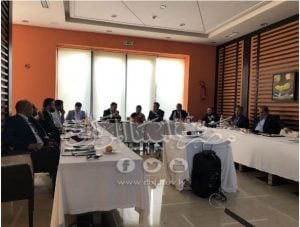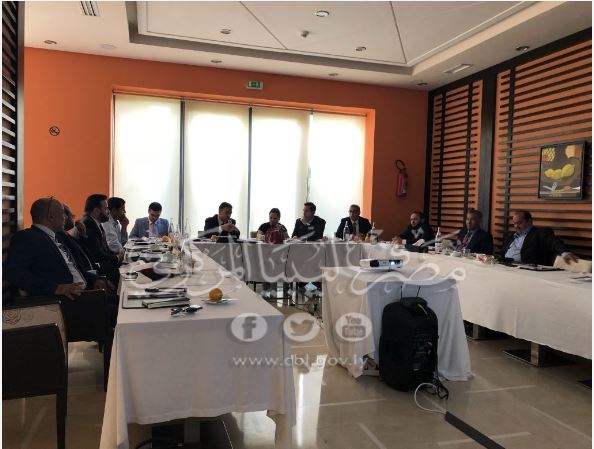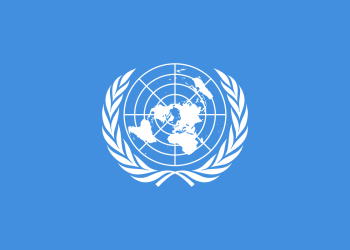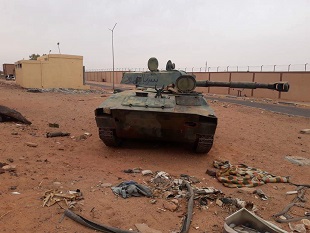By Sami Zaptia.

London, 12 May 2018:
The Tripoli-based Central Bank of Libya (CBL) reports that it had concluded its meetings with the World Bank in Tunis yesterday to discuss reform of the Libyan financial sector. The meeting comes within the technical support agreement between the two entities.
The reforms under discussion ‘‘include a comprehensive assessment of Libya’s financial sector’’, the CBL reported.
The discussions included technical terms such as references and proposed scope of work on three main axes:
- The legal, regulatory and institutional framework of the sector
- The structure and function of the financial system
- Financing micro, small and medium-sized enterprises
The discussions also included a study of the conditions for Islamic financing, and to initiate the implementation of a strategy and plan of action for the improvement of Islamic banks.
The CBL reported that at the end of the meetings a programme and plan of action was agreed upon, in addition to agreeing on the specifications and qualifications of the consultants who will conduct the study and the requirement that they have sufficient experience in the fields of banking and finance.
It will be recalled that Libya is going through acute economic and financial crisis with cash shortages at banks, the late payment of state-sector salaries, a shortage of hard currency, a fall in the black-market exchange rate of the Libyan dinar, high inflation and a lack of confidence in the political and financial institutions.
These are caused by a combination of a drastic fall in Libyan oil production and exports and in the political split in the country as well as the on-off fighting between conflicting factions which have led to the erosion of legitimacy and power vacuums.
In the World Bank’s Economic Outlook report on Libya released in October 2017, the report had painted a dire picture of Libya’s economy, stating that reform of structural issues predating the 2011 revolution needed to be addressed.
‘‘Despite limited improvements, the Libyan economy still remains far below potential, hindered by the persistence of violent political conflict. The twin deficits remain large and lacking any framework for corrective measures, exacerbating the instability of the macroeconomic framework. Inflation accelerated, eroding further the purchasing power of the population. Over the medium term, the challenges go beyond reconstruction to addressing pre-2011 development gaps, diversifying the economy, and promoting private sector development’’, the report had said.
It must also be recalled that the Libyan authorities have been receiving various technical advice and support from both the World Bank and IMF on reforming the financial and economic system from the time of the Qaddafi regime, without any radical change taking place to the socialist-welfare-subsidy system.
https://www.libyaherald.com/2016/03/14/tripoli-cbl-meets-with-imf-in-tunis/
https://www.libyaherald.com/2017/10/13/world-bank-libya-report-violent-political-conflict-deficits-inflation-and-lack-of-reform-framework-stall-economy/
https://www.libyaherald.com/2017/10/03/serraj-proposes-world-bank-lead-on-new-reconstruction-fund/
https://www.libyaherald.com/2016/10/20/world-bank-paints-gloomy-libyan-economic-picture/
https://www.libyaherald.com/2016/02/10/cbl-workshop-with-world-bank-on-introduction-of-islamic-banking-into-libya/
https://www.libyaherald.com/2013/06/04/libya-the-new-norway-on-the-mediterranean-ralph-chami-imf/








